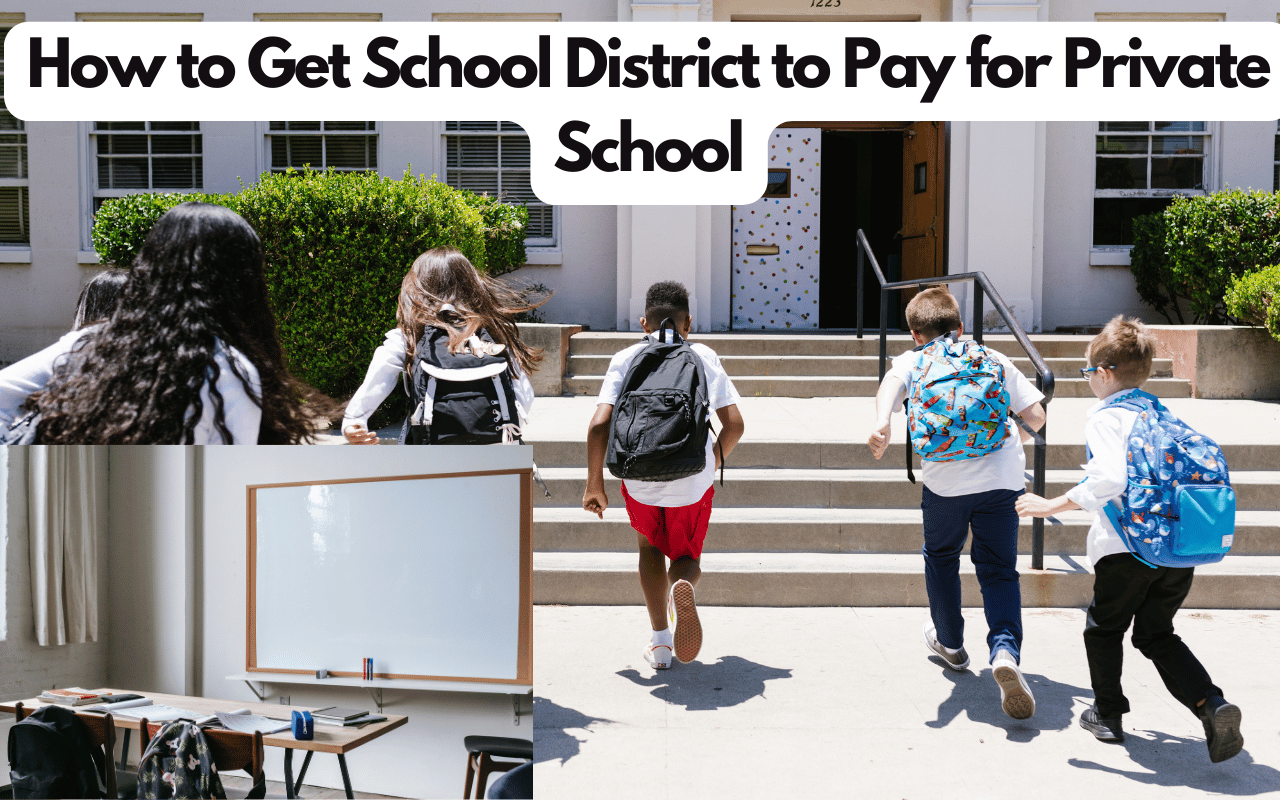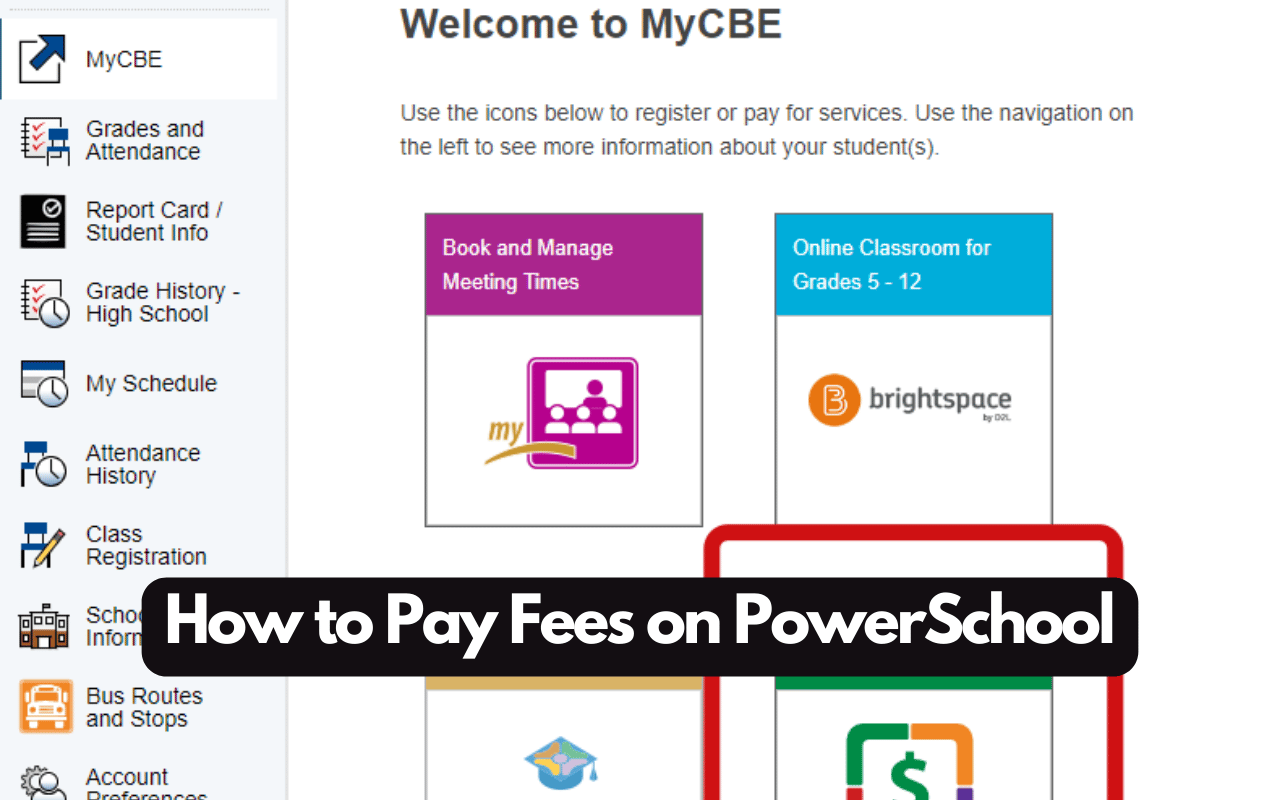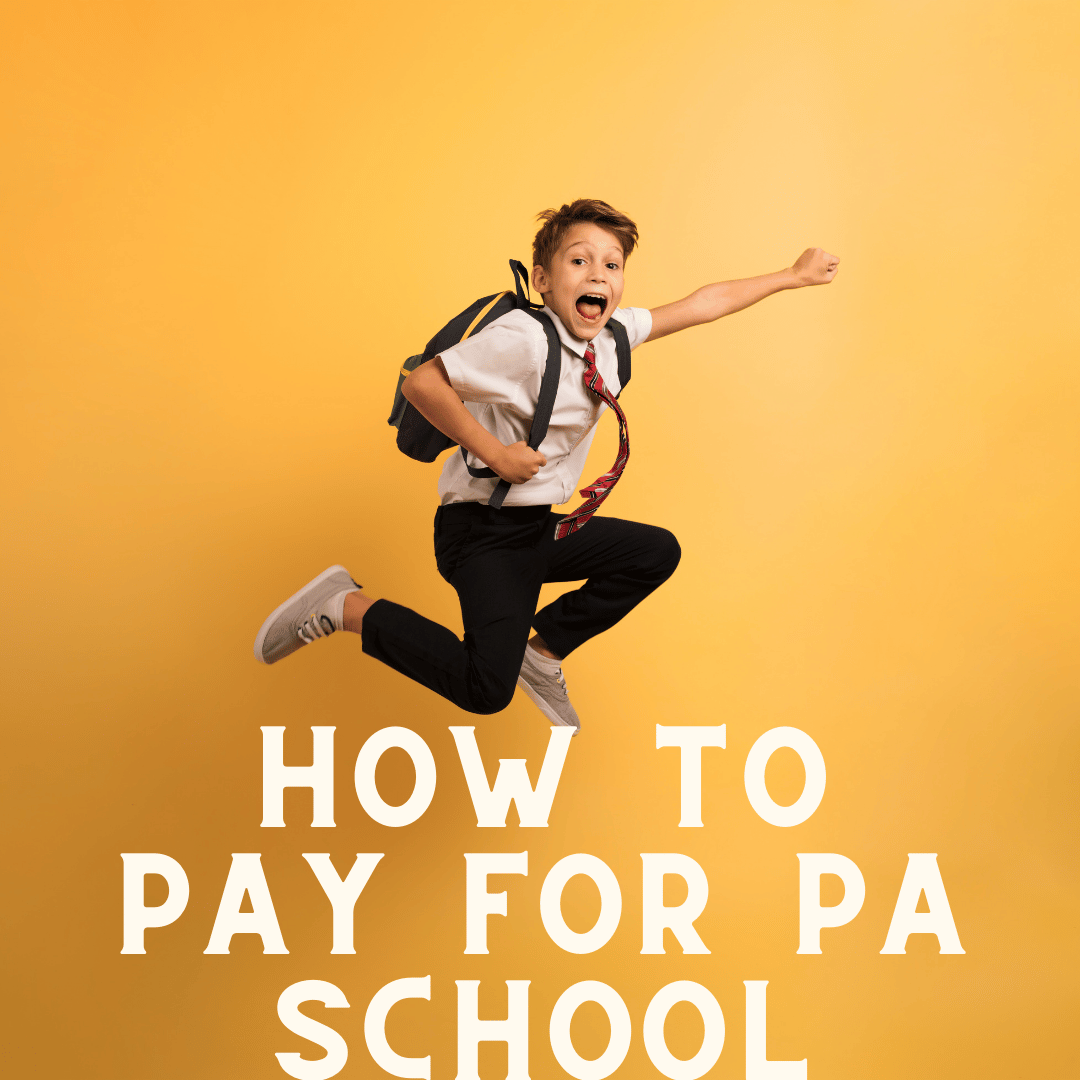How to Get School District to Pay for Private School

Need help appealing a denied request to the school district? Understand the laws, research local precedents, and gather relevant documentation with our expert tips.
- How to Get School District to Pay for Private School
- Understanding the Laws
- Researching Local Precedents
- Gathering Relevant Documentation
- Prompting the School District to Action
- Appealing a Denied Request
- Frequently Asked Questions
As a parent, you aim to provide the best education for your child. Sometimes, the public school system may not offer the necessary resources. If your child needs specialized education only available at a private school, the school district might be required to cover the tuition. In this blog post, we’ll guide you through navigating this process. We’ll cover understanding the laws, researching precedents, gathering documentation, and appealing denied requests. By following these steps, you’ll be well-equipped to advocate for your child’s educational needs.
Understanding the Laws
In order to navigate the process of getting a school district to pay for private school, it is crucial to understand the laws and regulations that govern the education system. Each state may have different laws regarding the rights of students with special needs, and it is important to research and familiarize oneself with these laws. For example, the Individuals with Disabilities Education Act (IDEA) lays out specific guidelines for students with disabilities, and knowing these laws can be the key to making a successful case for private school funding.
Knowing local precedents and past case outcomes provides insight into the success of pursuing private school funding. Examining how similar cases were handled helps gauge your chances of success and plan your approach.
Gathering relevant documentation such as the student’s Individualized Education Program (IEP), evaluations, and assessments is crucial. This evidence supports your request for private school funding and encourages the school district to act.
Researching Local Precedents
When seeking funding from a school district for private school, understand the local precedents from similar cases. Researching local precedents involves examining past cases where a school district funded private school education. Look into legal proceedings, court decisions, and relevant documentation from the district.
Consult with legal professionals experienced in education law for insight into past cases and legal precedents in your area. Advocacy groups specializing in education rights can also provide useful information on local precedents and their application to your situation.
Gather relevant documentation from the school district, including past decisions, policies, and communications about similar cases. Examining this information helps identify patterns or precedents useful for building a strong argument. Use this to compel the school district to fund private school education.
Gathering Relevant Documentation
When requesting the school district to pay for private school, gather and organize relevant documentation thoroughly. Start with all of your child’s educational records, including evaluations, progress reports, and special education plans. These records provide evidence of your child’s specific educational needs and required services.
Next, collect reports from outside professionals such as psychologists or speech therapists that support the need for specialized education. These documents will highlight your child’s learning challenges and recommended educational interventions. Also, gather all communications with the school district, including emails, letters, and meeting minutes.
Lastly, obtain expert opinions from professionals who evaluated your child. Their testimony can support your request and provide insights into your child’s unique educational requirements that may not be fully captured in existing records.
Prompting the School District to Action
When it comes to seeking funding for a private school education from the school district, it can be a challenging process. However, there are steps that parents can take to prompt the school district to take action on their request.
Firstly, it is important to understand the laws surrounding funding for private education. Research your state’s laws regarding special education funding and the rights of students with disabilities. This will provide you with a strong foundation to build your argument.
Next, gather all relevant documentation to support your case. This could include medical records, educational evaluations, and any communication with the school district regarding your child’s needs. Presenting a comprehensive research of local precedents that support your request can also be beneficial.
- Attend school district meetings and bring up your request during public comment sessions.
- Reach out to the school district administrators to discuss your concerns and the need for your child to attend a private school.
- If your initial request is denied, it is important to appeal the decision. Request a due process hearing to present your case in front of an impartial officer.
| Documentations to gather: | Steps to take: |
|---|---|
| Medical records | 1. Attend school district meetings |
| Educational evaluations | 2. Reach out to school district administrators |
| Communication with school district | 3. Appeal the decision if denied |
Appealing a Denied Request
When your request for the school district to pay for private school has been denied, it can be a frustrating and disheartening experience. However, it’s important to remember that you have the right to appeal this decision. The first step in appealing a denied request is to thoroughly understand the laws related to special education and tuition reimbursement. This will help you determine if the denial was lawful and if you have grounds for an appeal.
After understanding the laws, it’s essential to research local precedents. This involves looking into cases similar to yours in your area to see how they were handled and the outcomes. Gathering relevant documentation to support your appeal is also crucial. This can include detailed records of your child’s educational and developmental history, as well as any communication with the school district regarding your request for tuition reimbursement.
If the denial of your request seems unjust, it’s time to prompt the school district to action. This may involve reaching out to them directly with your concerns and requesting a meeting to discuss the denial and potential grounds for appeal. It’s important to remain assertive but polite throughout this process, as maintaining a positive relationship with the school district can be beneficial to your appeal.
| Steps to Appeal a Denied Request |
|---|
|
|
|
|
Frequently Asked Questions
Can a school district pay for private school tuition?
In some cases, yes. If a student has special needs that cannot be met by the public school system, the school district may be required to pay for private school tuition.
What steps should I take to get the school district to pay for private school?
You should start by having an evaluation done by the public school to determine if their services are appropriate for your child. If it is determined that they are not, you can then request a due process hearing to argue for private school tuition payment.
What if the school district refuses to pay for private school?
If the school district refuses to pay for private school tuition, you may need to seek legal assistance or appeal the decision through the appropriate channels.
Are there specific criteria for eligibility for the school district to pay for private school?
Yes, eligibility for the school district to pay for private school is often based on the individual needs of the student and whether the public school can adequately meet those needs.
Is there a limit to how much the school district will pay for private school tuition?
The amount a school district pays for private school tuition can vary. This depends on factors like the Individualized Education Plan (IEP) and the availability of appropriate services in the public school system.
Can I choose any private school for the school district to pay for?
Not necessarily. The private school chosen for payment by the school district must be able to provide the specific services and accommodations required for the student’s needs.






